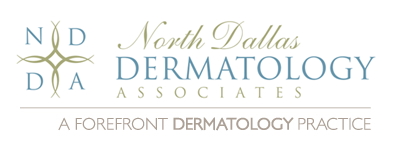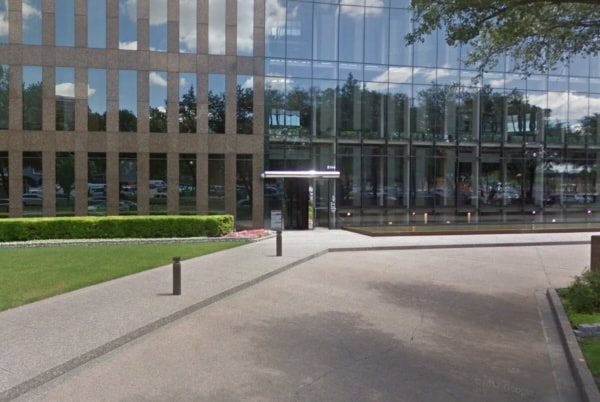Skin Cancer

Skin cancer is the most common type of cancer in America, affecting all ages and skin types. However, if caught early enough, it can be treated very effectively. There are three main types of skin cancer, of which melanoma is the deadliest. It is very important to have regular cancer screenings and to see a board-certified dermatologist if you notice any irregularities or moles on the skin. The dermatologists at North Dallas Dermatology Associates regularly perform screenings, as well as diagnose and treat all types of the disease.
If you think that you may have developed skin cancer, don’t hesitate to contact North Dallas Dermatology Associates for an examination. To learn more and to make your appointment, call 214.761.8524 today.
TYPES OF SKIN CANCER
The three main types of skin cancer are basal cell carcinoma, squamous cell carcinoma, and malignant melanoma. Basal cell carcinoma is the most common, but also the least deadly. Squamous cell carcinoma is less common and may spread if left untreated. Squamous cell carcinoma is easily treated when caught early enough but can become fatal if left unchecked. Finally, malignant melanoma is the rarest type but also the most dangerous. Malignant melanoma can spread quickly to other areas of the body and will become fatal if left untreated.
All three types of cancer can strike anyone of any skin type. People with fair skin who burn easily are at the highest risk of developing skin cancer, but darker skinned people can also get it. No matter what color your skin, it is important to protect it from the sun and get cancer screenings on a regular basis.
EFFECTIVE TREATMENTS FOR PRECANCEROUS LESIONS
Precancerous lesions, otherwise known as actinic keratoses, can be removed surgically or through photodynamic therapy, or PDT, which uses light wavelengths that react with topical solutions to kill precancerous cells. Superficial basal and squamous cell carcinomas can also occasionally be treated effectively with PDT. Other types of treatment for non-melanoma skin cancer include chemotherapy, radiation therapy, and biologic therapy. The type of treatment used will depend on a number of factors, including the location, size, and stage of cancer. Medical history is also taken into account.
The medical dermatologists at North Dallas Dermatology Associates are all trained in the surgical removal of cancerous tissue. There are various types of surgeries that can be used, including Mohs microscopic surgery. Mohs surgery is an extremely effective skin cancer treatment that allows the doctor to carefully remove cancerous tissue without needing to damage surrounding healthy tissue. Mohs surgery is a popular choice for skin cancer removal due to its precise and safe nature. It leaves behind less scarring than other types of surgery, does not require general anesthesia, and is safe to use on the elderly and others for whom other types of surgery may be dangerous.
To learn more about Mohs Surgery, visit WebMD.com.
THE ABCS OF SKIN PROTECTION
The majority of doctors follow the “ABCDE” rule when identifying basal cell carcinoma, squamous cell carcinoma, and malignant melanoma, but you should also keep in mind that melanoma and other cancerous lesions in one person may not look the same as in others. The ABCs stand for Asymmetry (the mole is not symmetrical), Border irregularity, Color (the pigmentation is not uniform), Diameter (greater than the size of a pencil eraser), and Evolving size, shape or color. Some melanomas don’t follow the guidelines and tend to take on a unique appearance. Examples include nodular and amelanotic melanoma. There is one surefire rule that you can follow, though: don’t ignore an odd-looking mole—even if it doesn’t fit the description for cancer.
More importantly, consult a trusted doctor—a dermatologist or other expert trained in skin exams—to have your skin checked on a regular basis. Prevention and early detection are the keys to good outcomes.
SCHEDULE A CONSULTATION AT NORTH DALLAS DERMATOLOGY TODAY
Skin cancer should always be taken seriously, and if you have experienced any of the ABCDEs of potential skin cancer – asymmetry, blurred or irregular border, varying colors, large diameter, elevation or evolution of a mole or skin growth – you should see a qualified dermatologist immediately. To schedule your consultation, call North Dallas Dermatology Associates at 214.761.8524 today.





